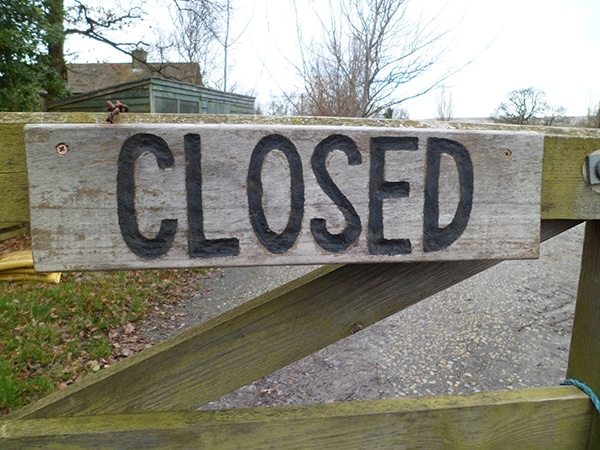
A major provider of social and housing care in Scotland, Bield Housing and Care, has decided to close 12 of its care homes by April 2018.
The closures affect 167 residents and 200 staff. The announcement has caused widespread concern, and an appeal is being made to the First Minister to intervene and stop the closures if possible.
Bield’s Announcement
It has stated that the homes are not financially viable because of a range of factors: the large size of difficult to maintain older buildings, increased demand for specific types of care such as dementia, increased staffing costs, and a reduction in funding by local authorities. The housing and care organisation has a five-year plan to develop further alternative types of service for older people, giving them more flexibility and choice in how they are supported. Their plans include the establishment of a new care at home service.
Scottish Care
The umbrella body for the care sector has said that Bield is not alone in facing these problems. Increased staffing costs, such as the introduction of the Living Wage, continued improvements required by the Care Inspectorate, and reduced funding by local councils have produced a ‘perfect storm’ of difficulties for providers. The organisation said many of its members were finding that care home provision was no longer sustainable.
Government Policy
The Scottish Government policy on care has focused for some time now on reshaping care of the elderly. This has involved the encouragement of maintaining people in their own homes where possible, supported by care at home and housing support. Additionally, Self Directed Support payments were intended to provide a person with assessed needs with the funds to purchase their own care.
This would seem to fit with Bield’s longer-term plan for more individual solutions and choices. However, it does not mitigate the shock which families and relatives experience when these across the board closures were announced. It is recognised that the lack of security and the anxiety which moving later in life can cause is harmful for many older people. Many of the organisations’ clients are in their nineties. One would have hoped for a more gradual approach to introducing alternative services in parallel with existing care homes.
Responding to the Crisis
Cosla, the umbrella body for Scottish local authorities, has called a meeting of the National Contingency Planning Group. This includes providers, the Scottish government, the Care Inspectorate, and integrated health and social care Boards. It will consider how this decision should be managed, in particular for the families, residents and others directly affected.
I believe this should include looking at long-term policies. Self-directed support has been slow in implementation, and more funding is required to boost the development of care at home services and other innovative alternatives. The difficulties faced by care homes have been recognised for some time now, and it is hoped that sudden announcements like this do not become the norm as the care sector changes its focus.






